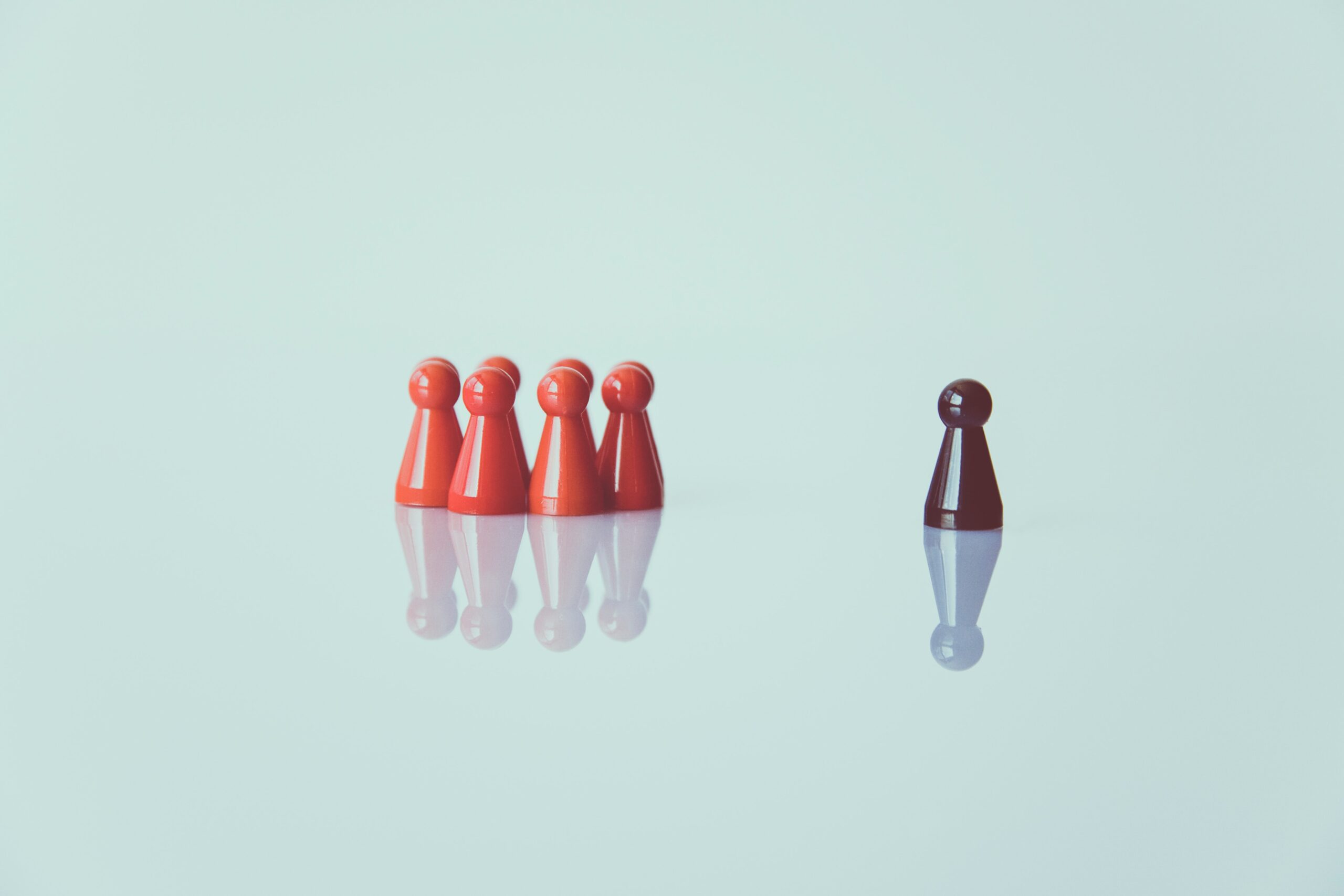
Key Take Away Points
Social isolation and loneliness contribute to death in ways that often go unrecognized. We must recognize social connection and community as core values of caregiving and of the health system.
The New England Journal of Medicine recently posted an article by Drs. Julianne Holt-Lunstad and Carla Perissinotto on the impact of social isolation and loneliness (DOI: 10.1056/NEJMp2208029). Social isolation is not just a COVID issue anymore!
Social isolation is being “alone or having infrequent social interactions.” Loneliness is a little different. It is “a subjective and distressing feeling between one’s desired and actual social connection,” meaning that someone does not have the connections that they think that they should. These issues are complex and can occur alone or together. They both contribute to poorer health and premature death among those that experience them. In fact, people with social isolation and loneliness experience more anxiety, depression and dementia than do people without them. The effects, however, extend far beyond mental health. Social isolation and loneliness significantly contribute to higher rates of cardiovascular disease and stroke while lowering effective immune response. In short, people with social isolation and loneliness get sick more often and they have trouble fighting illness. The effects of social isolation and loneliness rival obesity in terms of its impact on health and further contribute to lower rates of self-care and care seeking.
Leading health organizations like the World Health Organization, the Centers for Disease Control and Prevention, and the American Heart Association have all called for action to fight these issues. However, it is often a struggle for care providers to help. Care teams are often overburdened, have insufficient time, and may be prevented by policy from addressing issues related to social isolation and loneliness.
There is some good news emerging from clinical trials. Evidence from clinical trials shows that care augmented with support for social isolation and loneliness improves survival in those suffering from their effects.
Caregivers need to understand the issues around social isolation and loneliness to provide support and options. Clinicians cannot solve this alone.
Social connection is important not just to patients, but also to caregivers and to health care workers. If we aren’t taking care of ourselves by prioritizing social connection, it will be difficult to do so for others!
Here are some things that you can do to find some opportunities for social interaction:
- Check out the local council on aging or the local senior center. They will have activities planned for adults looking to interact.
- Local libraries are a wealth of information for community events.
- Community organizations and community social media pages will have events and may be a great place to find local events.
Here are some things that you can do for yourself:
- Sign up for a class at the local YMCA. Get some exercise, learn something new, and interact with new people.
- Community social media pages will have events and may have people looking to connect.
- Get involved with a local community service organization. Many food pantries are looking for help and usually have no minimum commitment.
- Get involved at Thriveley.com. There are ample opportunities to get involved and to interact virtually. Contact us today!
As always, if you have questions or concerns, please contact us here. If you found this content helpful, please sign up for our newsletter there is a ton of more useful content that is delivered right to your inbox. Join us now!
